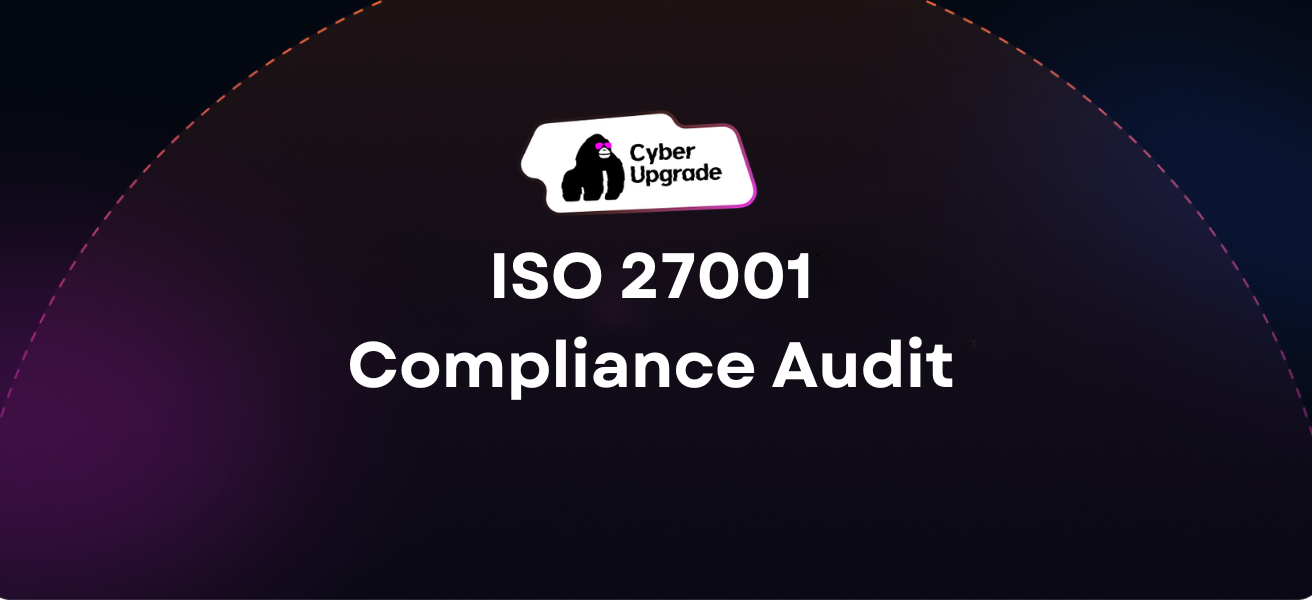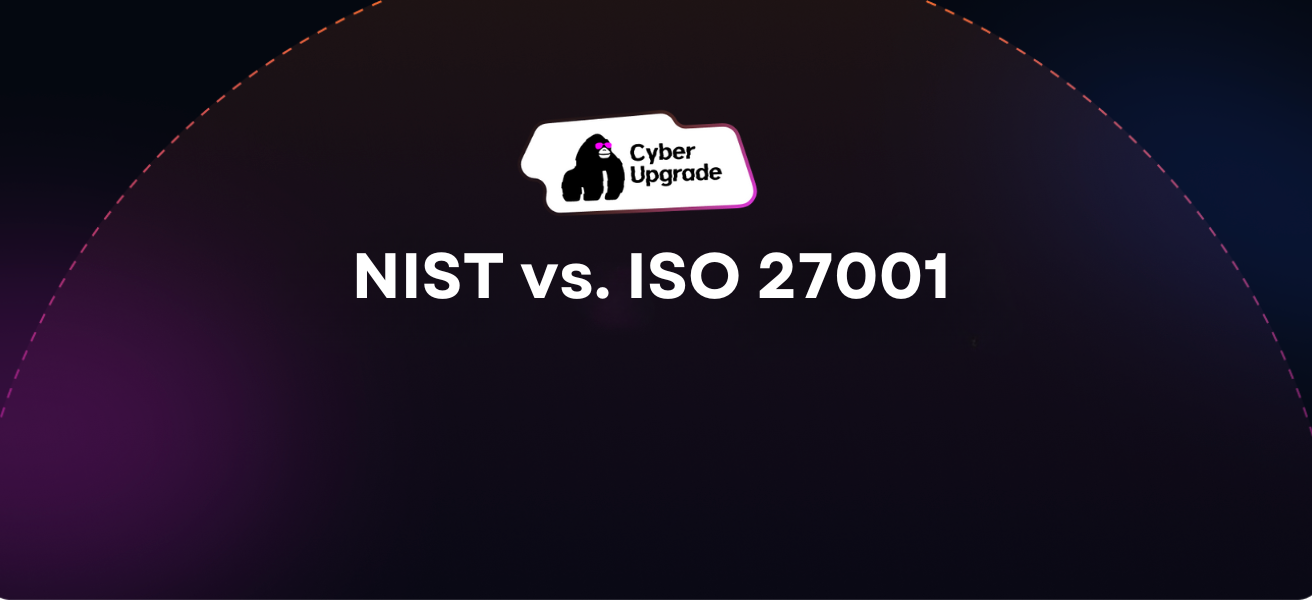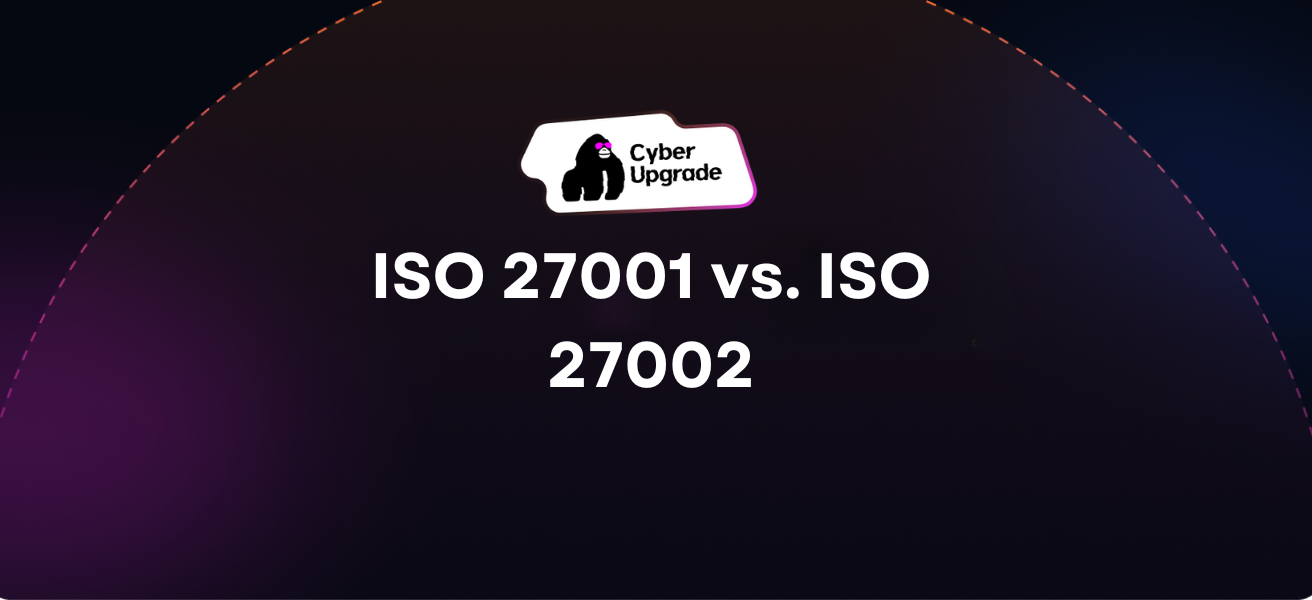I remember sitting in a small café in Milan when a conversation at the next table turned from coffee choices to data breaches—an unlikely but increasingly common pivot. It struck me how deep technology has seeped into every corner of modern life. That’s precisely why the Digital Operational Resilience Act (DORA) has captured so much attention.
In this post, I’ll explore how Italy is adopting DORA, compare this process to other European nations, and examine how Italy’s existing regulations complement DORA’s objectives. I’ll also share a brief list of reputable auditors operating in Italy who can assist with DORA compliance.
Table of Contents
ToggleWhy DORA matters in the Italian context
Italy’s digital landscape has expanded enormously over the last decade, with industries from luxury fashion to car manufacturing embracing online services and cloud-based operations. DORA arrives as an EU regulation designed to fortify the operational resilience of financial entities, but its influence goes much further.
Because it’s directly applicable in all member states, DORA ensures a cohesive set of rules covering ICT risk management, incident reporting, and oversight of third-party providers. Local regulators, like the Bank of Italy and CONSOB, blend these new requirements with existing Italian laws to shape how businesses stay resilient in an increasingly digital world.
Comparing Italy’s path to other EU members
All EU countries aim to boost cyber resilience under DORA, but their starting points differ. Some nations have more fragmented cybersecurity guidelines. Italy, by contrast, has a robust framework already in place. The Bank of Italy, for example, has long monitored operational and cyber risks in the financial sector.
This existing vigilance means Italy’s DORA adoption will feel like refining and extending current practices rather than starting from scratch. Of course, local guidance from Italy’s supervisory authorities will add details specific to the Italian market. Still, the overarching thrust of DORA remains consistent across Europe.
Italy’s existing regulations and DORA-like measures
Although DORA is new, it builds upon principles already present in Italian regulations that address data security, operational controls, and cyber incident handling. The National Cybersecurity Agency (Agenzia per la Cybersicurezza Nazionale) plays a key role in establishing standards and best practices, while Legislative Decree 231/2001 outlines corporate liability and internal controls. For financial institutions, Bank of Italy circulars prescribe ICT risk requirements that dovetail with many DORA provisions.
Here’s a simplified overview of how DORA intersects with Italy’s regulatory environment:
| Italian framework | Focus area | Synergy with DORA |
| Legislative Decree 231/2001 | Corporate governance and compliance | Aligns with DORA’s push for robust internal controls and accountability. |
| Bank of Italy circulars | Financial regulatory reporting and risk management | Already cover ICT requirements; complement DORA’s operational resilience standards. |
| National Cybersecurity Agency | Incident response protocols for critical infrastructure | Strengthens the incident handling and reporting processes required by DORA. |
These measures lay a firm groundwork for compliance, especially within finance. Yet because DORA has a broader scope, businesses in fields like cloud services or consulting—who interact with financial data—must also elevate their practices to meet new demands.
List of DORA auditors in Italy
While DORA does not designate a specific roster of “official” auditors, several established auditing and consulting firms in Italy specialize in ICT risk management, regulatory compliance, and operational resilience.
The table below highlights some organizations known for their expertise in cybersecurity and regulatory audits. This list is not exhaustive, and businesses are advised to conduct thorough due diligence when selecting an auditor.
| Firm | Primary expertise | Additional notes |
| Deloitte Italy | Financial services, ICT risk management, cyber resilience | Offers end-to-end regulatory consulting |
| KPMG Italy | IT governance, internal controls, compliance audits | Strong global network |
| PwC Italy | Cybersecurity, risk assurance, operational assessments | Known for sector-specific solutions |
| EY Italy | Governance, risk & compliance (GRC), IT audits | Broad client base in fintech and banking |
| BDO Italy | Internal audit, financial sector assurance, cyber risk | Focus on mid-size organizations |
| RSM Italy | IT and process risk, compliance for regulated entities | Specialized in tailored approaches |
All these firms have deep experience in scrutinizing IT environments and ensuring compliance with evolving regulations. As DORA gains traction, you’ll likely see more specialized boutique firms entering the market with an exclusive focus on digital operational resilience.
Ripple effects on all industries
Even though DORA primarily targets financial institutions, its influence reaches far beyond them. Suppliers to banks, cloud providers that host critical infrastructure, and consulting firms involved in data handling all must align their controls with DORA’s heightened standards. The Italian economy is deeply interconnected, and a system outage or cyber event at one provider could ripple across multiple sectors. By tightening requirements for incident reporting and third-party risk management, DORA effectively raises the bar for everyone who touches financial data in some capacity.
The good news is that Italy’s regulatory tradition has laid a solid foundation for businesses to adapt. Those that have already invested in data privacy measures, cybersecurity protocols, and robust internal controls will find it easier to meet DORA’s requirements. Others may face a steeper learning curve but also gain a clearer framework for strengthening their operations.
A refined recipe for resilience
Think of DORA as that refined twist you add to an already solid Italian espresso recipe. It doesn’t change Italy’s core approach to compliance—rather, it harmonizes and refines existing elements to ensure consistent quality across the board. As businesses strengthen their operational resilience in line with this regulation, they move from a reactive stance to a proactive one. For Italian leaders, it’s a chance to see compliance not as a burden but as a strategic asset—much like perfecting the subtle notes in a beloved espresso.



